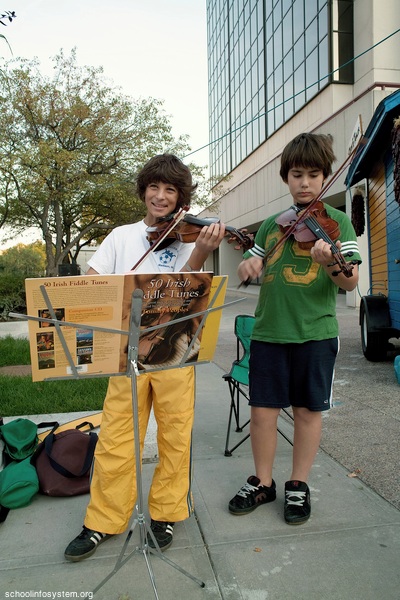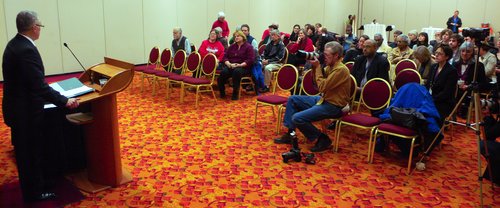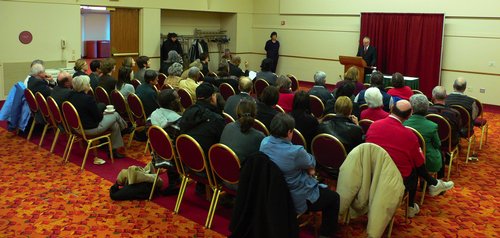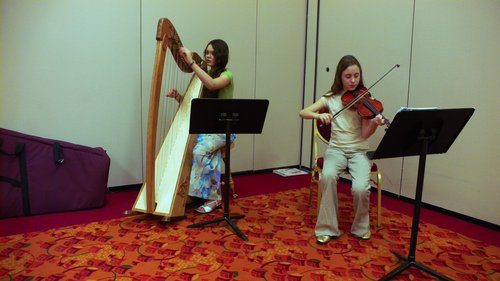Madison School Board rates Superintendent Nerad barely ‘proficient’;
If Madison Superintendent Dan Nerad’s job performance were judged like a student taking the state achievement test, he would score barely proficient, according to the Madison School Board’s most recent evaluation.
The evaluation, completed last month and released to the State Journal under the state’s Open Records Law, reveals the School Board’s divided view of Nerad’s performance.
School Board President James Howard said he expects the board to vote later this month on whether to extend Nerad’s contract beyond June 2013. The decision has been delayed as Nerad’s achievement gap plan is reviewed by the public, Howard said.
Soon after that plan was proposed last month, Howard said he would support extending Nerad’s contract. Now, Howard says he is uncertain how he’ll vote.
“It’s probably a toss-up,” he said. “There’s a lot of issues on the table in Madison. It’s time to resolve them. All this kicking-the-can-down-the-road stuff has to stop.”
Nerad said he has always welcomed feedback on how he can improve as a leader.
Related: Notes and links on Madison Superintendent hires since 1992.
Madison Superintendent Art Rainwater’s recent public announcement that he plans to retire in 2008 presents an opportunity to look back at previous searches as well as the K-12 climate during those events. Fortunately, thanks to Tim Berners-Lee’s World Wide Web, we can quickly lookup information from the recent past.
The Madison School District’s two most recent Superintendent hires were Cheryl Wilhoyte [Clusty] and Art Rainwater [Clusty]. Art came to Madison from Kansas City, a district which, under court order, dramatically increased spending by “throwing money at their schools”, according to Paul Ciotti:
2008 Madison Superintendent candidate public appearances:
The Madison Superintendent position’s success is subject to a number of factors, including: the 182 page Madison Teachers, Inc. contract, which may become the District’s handbook (Seniority notes and links)…, state and federal laws, hiring practices, teacher content knowledge, the School Board, lobbying and community economic conditions (tax increase environment) among others.
Superintendent Nerad’s reign has certainly been far more open about critical issues such as reading, math and open enrollment than his predecessor (some board members have certainly been active with respect to improvement and accountability). The strings program has also not been under an annual assault, lately. That said, changing anything in a large organization, not to mention a school district spending nearly $15,000 per student is difficult, as Ripon Superintendent Richard Zimman pointed out in 2009.
Would things improve if a new Superintendent enters the scene? Well, in this case, it is useful to take a look at the District’s recent history. In my view, diffused governance in the form of more independent charter schools and perhaps a series of smaller Districts, possibly organized around the high schools might make a difference. I also think the District must focus on just a few things, namely reading/writing, math and science. Change is coming to our agrarian era school model (or, perhaps the Frederick Taylor manufacturing model is more appropriate). Ideally, Madison, given its unparalleled tax and intellectual base should lead the way.
Perhaps we might even see the local Teachers union authorize charters as they are doing in Minneapolis.



